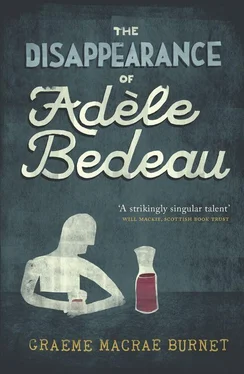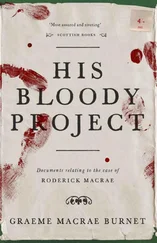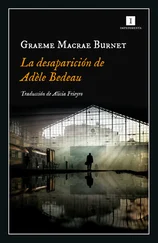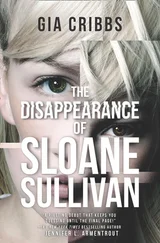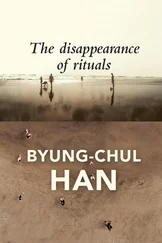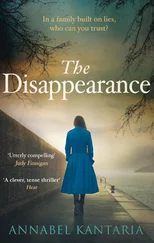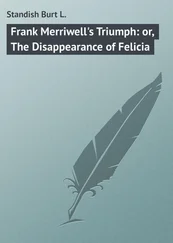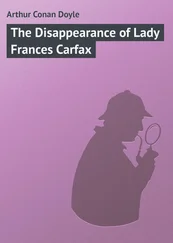Without looking up from his paper, Schmitt said, ‘There was a call from Strasbourg. They pulled a floater out of the river.’ He mentioned it as if was a matter of no consequence which had simply slipped his mind.
‘Sorry?’ said Gorski. He had been in the station twenty minutes before Schmitt decided to share this piece of news.
‘They said they fished a body out of the Rhine.’
‘What kind of body?’ said Gorski. He made no attempt to hide his irritation. It was not uncommon for bodies to be found in the Rhine, but even Schmitt could hardly have failed to register the potential importance of the information.
‘A female, they didn’t say much.’
‘No age, no description, no cause of death?’
Schmitt shrugged. ‘I got the impression they’d only just pulled her out.’
‘But you didn’t ask?’
Schmitt exhaled noisily through his moustache, as if the thought hadn’t crossed his mind.
‘They left a number.’
He made a show of searching for it amid the debris on the counter. He found it on a scrap of paper and held it up. Gorski snatched it and went to his office to make the call. He sat down and went through what he would say. He disliked calling the stations in the city. Even the receptionists never failed to make him feel like a provincial bumpkin. Not that anything was ever said. It was a matter of tone. But there was no getting around making the call. A woman answered.
‘Inspector Gorski of Saint-Louis calling for Inspector Lambert.’
And there it was: ‘Sorry, from where?’
‘Saint-Louis, Haut-Rhin,’ Gorski repeated.
The receptionist connected him to the extension. Gorski had met Lambert on a number of occasions, but he never seemed to remember him.
Lambert picked up. ‘Georges, how are you?’
Gorski could not help feeling gratified that he remembered his first name and had greeted him in a friendly manner.
‘I hear you’ve got something I might be interested in,’ he said.
‘Maybe,’ said Lambert.
‘Do you have any further information about the remains?’ Gorski regretted the formal manner in which he phrased this. It ruined the affable tone with which the conversation had begun.
‘Young female, that’s all. They only pulled her out a couple of hours ago. She’s on a slab in the mortuary. Come up and take a look if you like.’
Ten minutes later Gorski was heading north on the A35. He was excited. He was no expert in such matters, but he understood that it took a few days for gasses to form in the stomach of a corpse and bring it to the surface. The fact that the body had been found one hundred kilometres downstream meant nothing. Bodies often drifted great distances before they snagged on a branch or caught a current and washed up in the shallows. Gorski was equally pleased by the way Lambert had spoken to him and immediately invited him to accompany him to the mortuary to view the body. All being well, by the end of the day, he could have a time and cause of death, perhaps even some other forensic evidence.
The landscape between Saint-Louis and Strasbourg was flat and monotonous. The road was quiet and Gorski used the drive to gather his thoughts about Adèle. Until Alex Ackermann had turned up, she had remained an enigma to him.
That first night, the couple had crossed the border to Basel where they had gone to a bar, well known to Gorski’s Swiss colleagues as a haunt of the alternative scene. Ackermann admitted he had taken Adèle there in an attempt to impress her. They had a few drinks and he bought a small quantity of hashish from a man whose name he claimed not to remember. Gorski had not pressed him on the point. He was not interested in a small-time dope dealer and he wanted the boy to feel that he could speak freely. Once the youth had confessed this transgression, he visibly relaxed. He explained that it was because of this that he had not come forward sooner. The Adèle that Ackermann described was quite different from the sullen waitress of the Restaurant de la Cloche. While she had revealed little about herself, she was talkative and worldly. Ackermann confessed that he had felt a little out of his depth. It was hard to reconcile the two pictures of Adèle, but Gorski reminded himself how little he knew about what his own daughter got up to when she was out with her friends. Perhaps she too went to disreputable bars and smoked marijuana. Ackermann had struck him as a pleasant enough young man whose primary concern was that his parents did not hear about his activities. Had he met him in the company of Clémence, he would not have been overly concerned.
Gorski negotiated the one-way system around the station in Rue de la Nuée Bleue with some difficulty, eventually leaving his car a few streets away. Lambert came down to the foyer without delay and shook Gorski warmly by the hand. He was a tall handsome man with sandy hair and pale blue eyes. He was wearing an expensive well-cut suit. For once, Gorski was pleased to be smartly turned out.
‘How’s the case?’ he asked.
‘We’re following up a few leads,’ said Gorski. He did not want to admit that he was getting nowhere.
‘That bad, eh?’ His tone was sympathetic rather than mocking.
‘I could certainly do with a body,’ said Gorski.
Lambert suggested that they take his car to the mortuary. He asked Gorski a few more questions about the case, but when it became apparent that he had little or nothing to go on, he dropped the subject. Gorski was embarrassed. He wondered if it was his own incompetence that had resulted in the lack of progress. He would have liked to ask Lambert’s advice. He would have dealt with far more cases of this nature than Gorski. But he did not do so and the final minutes of the journey were passed in silence. Lambert parked his BMW in a restricted area outside the mortuary and strode past the reception area. He appeared to know the corridors of the building well. He marched along so quickly Gorski almost had to run to keep up. They were greeted by a technician in a white coat and Lambert explained why they were there. When the technician glanced questioningly in Gorski’s direction, Lambert introduced him as if he had forgotten momentarily that he was there. The technician led them to a bank of stainless steel doors. He told them that the post-mortem would not take place until later that evening, but they were welcome to attend. Gorski hoped that would not be necessary. In his early days as a detective, he had, out of a sense of bravado, volunteered to attend the autopsy of a suicide. Much to the amusement of the pathologist and his assistant, he had thrown up only minutes into the procedure. News of the incident mysteriously filtered back to the station and for weeks afterwards he had had to endure his colleagues pretending to vomit into wastepaper baskets whenever he entered the room. The technician slid the drawer open. Gorski took a deep breath. It was immediately apparent that the body was not that of Adèle Bedeau. The girl was blonde and skinny. Her ribs showed through her skin. The flesh had taken on a greenish-grey hue. Lambert looked at Gorski, who shook his head. He felt nauseous.
‘Been dead a good couple of weeks, I’d say,’ said the technician.
‘Sorry, pal,’ said Lambert.
They drove back to the station in silence. Gorski felt that Lambert was embarrassed on his behalf, that he had shown his naivety by jumping in his car so hastily. He could easily have waited in Saint-Louis for a description of the body to be sent to him. Instead, he had got ahead of himself, like a child who couldn’t wait to open his Christmas presents. On the drive to Strasbourg he had practically solved the crime in his head and got himself a transfer to the big city force in the process. Indeed, had he not partly raced here merely for the opportunity to rub shoulders with some big city cops, and so that later he would be able to mention in an offhand way to Céline that he had been up to Strasbourg?
Читать дальше
